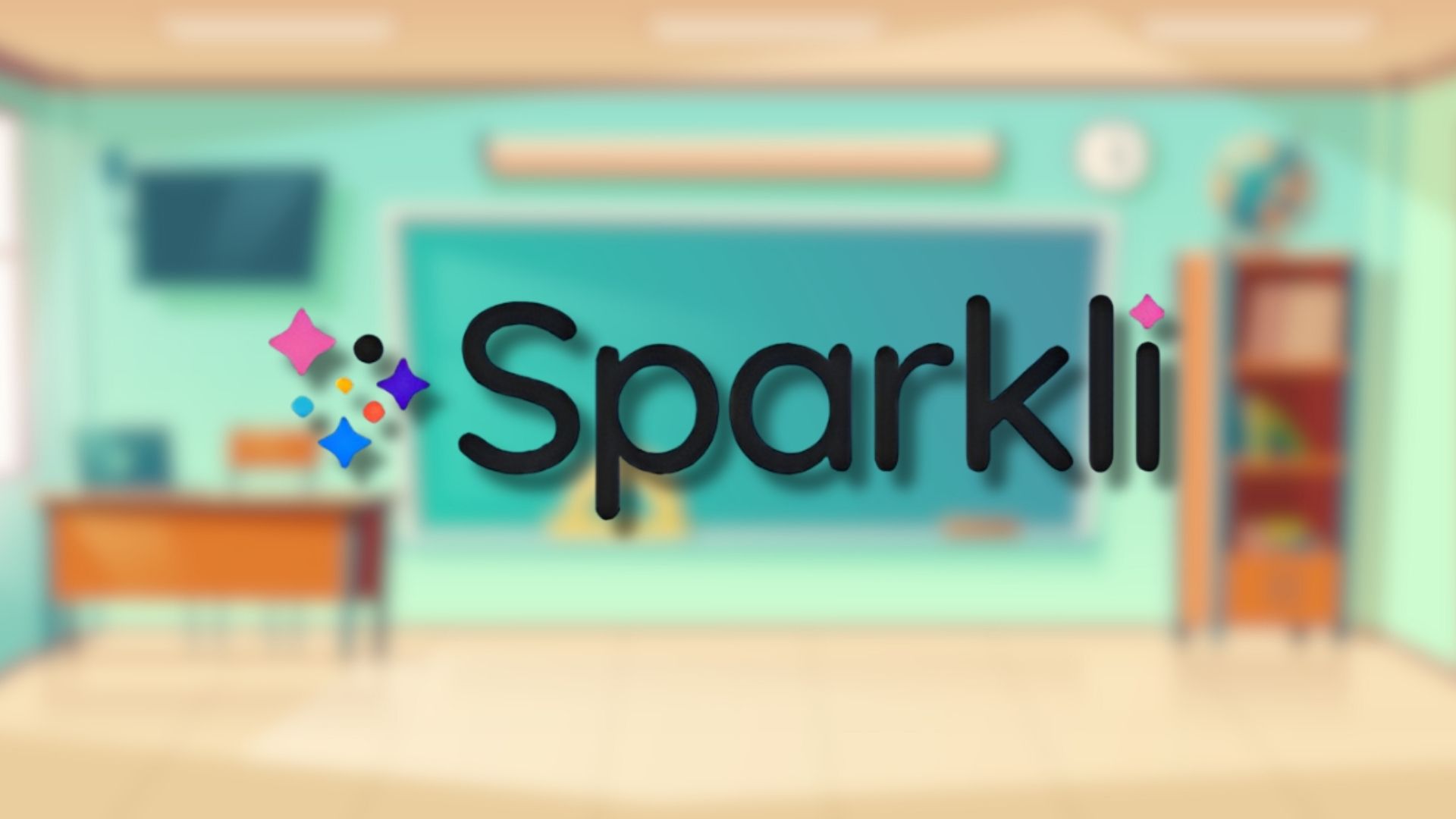EU member states are preparing to open formal discussions on the risks posed by AI-powered deepfakes and their use in cyberattacks, following an initiative by the current Council presidency.
The talks are intended to assess how synthetic media may undermine democratic processes and public trust across the bloc.
According to sources, capitals will also begin coordinated exchanges on the proposed Democracy Shield, a framework aimed at strengthening resilience against foreign interference and digitally enabled manipulation.
Deepfakes are increasingly viewed as a cross-cutting threat, combining disinformation, cyber operations and influence campaigns.
The timeline set out by the presidency foresees structured discussions among national experts before escalating the issue to the ministerial level. The approach reflects growing concern that existing cyber and media rules are insufficient to address rapidly advancing AI-generated content.
An initiative that signals a broader shift within the Council towards treating deepfakes not only as a content moderation challenge, but as a security risk with implications for elections, governance and institutional stability.
Would you like to learn more about AI, tech and digital diplomacy? If so, ask our Diplo chatbot!










